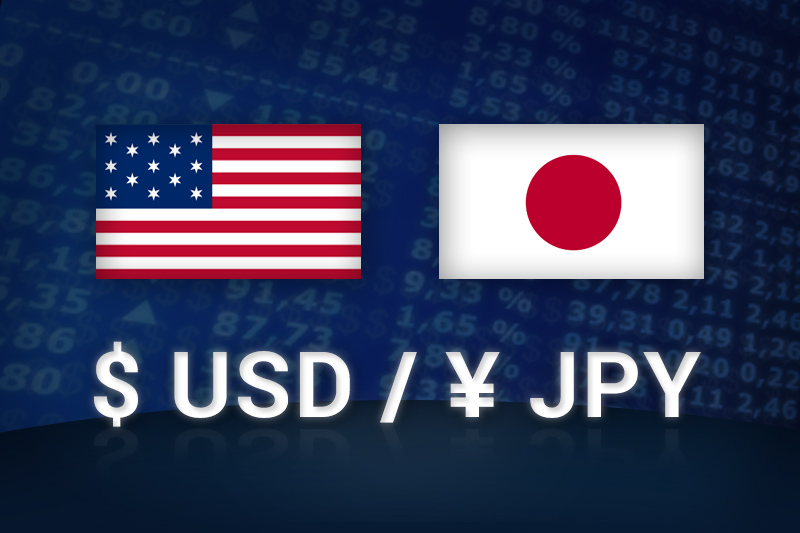Investing.com’s stocks of the week
Investing.com - The U.S. dollar fell to a three-day low against the yen on Monday, after the Bank of Japan said it will not automatically increase asset purchases, while investors remained focused on developments in Greece.
USD/JPY hit 79.34 during early European trade, the pair’s lowest since May 23; the pair subsequently consolidated at 79.41, declining 0.34%.
The pair was likely to find support at 79.09, the low of May 21 and resistance at 79.81, the high of May 25.
In the minutes of its April 27 meeting, the BoJ said “members made note of some misunderstanding that the bank would continue to increase the size of its program in an automatic manner,” until the bank’s 1% price goal is met.
“They agreed that the bank needed to fully explain that it made decisions on its monetary policy stance after carefully assessing the economic and price situation,” the central bank added.
The BoJ has increased its asset-purchase fund twice this year, with the first move in February helping to weaken the yen against the dollar.
Meanwhile, market sentiment improved after opinion polls on Sunday showed that Greece's conservative party New Democracy swung into first place ahead of next month's elections, as the country's socialists claimed that European leaders are warming to the idea that bailout terms for Athens should be softened to ease pressure on the economy.
But investors remained cautious as concerns over the health of Spain’s banking sector continued to weigh after Spain’s government announced Sunday that it was to recapitalize one of the country’s largest commercial lenders, Bankia.
The yen was lower against the euro with EUR/JPY adding 0.33%, to hit 100.08.
Markets in the U.S. were to remain closed for the Memorial Day holiday.
USD/JPY hit 79.34 during early European trade, the pair’s lowest since May 23; the pair subsequently consolidated at 79.41, declining 0.34%.
The pair was likely to find support at 79.09, the low of May 21 and resistance at 79.81, the high of May 25.
In the minutes of its April 27 meeting, the BoJ said “members made note of some misunderstanding that the bank would continue to increase the size of its program in an automatic manner,” until the bank’s 1% price goal is met.
“They agreed that the bank needed to fully explain that it made decisions on its monetary policy stance after carefully assessing the economic and price situation,” the central bank added.
The BoJ has increased its asset-purchase fund twice this year, with the first move in February helping to weaken the yen against the dollar.
Meanwhile, market sentiment improved after opinion polls on Sunday showed that Greece's conservative party New Democracy swung into first place ahead of next month's elections, as the country's socialists claimed that European leaders are warming to the idea that bailout terms for Athens should be softened to ease pressure on the economy.
But investors remained cautious as concerns over the health of Spain’s banking sector continued to weigh after Spain’s government announced Sunday that it was to recapitalize one of the country’s largest commercial lenders, Bankia.
The yen was lower against the euro with EUR/JPY adding 0.33%, to hit 100.08.
Markets in the U.S. were to remain closed for the Memorial Day holiday.
